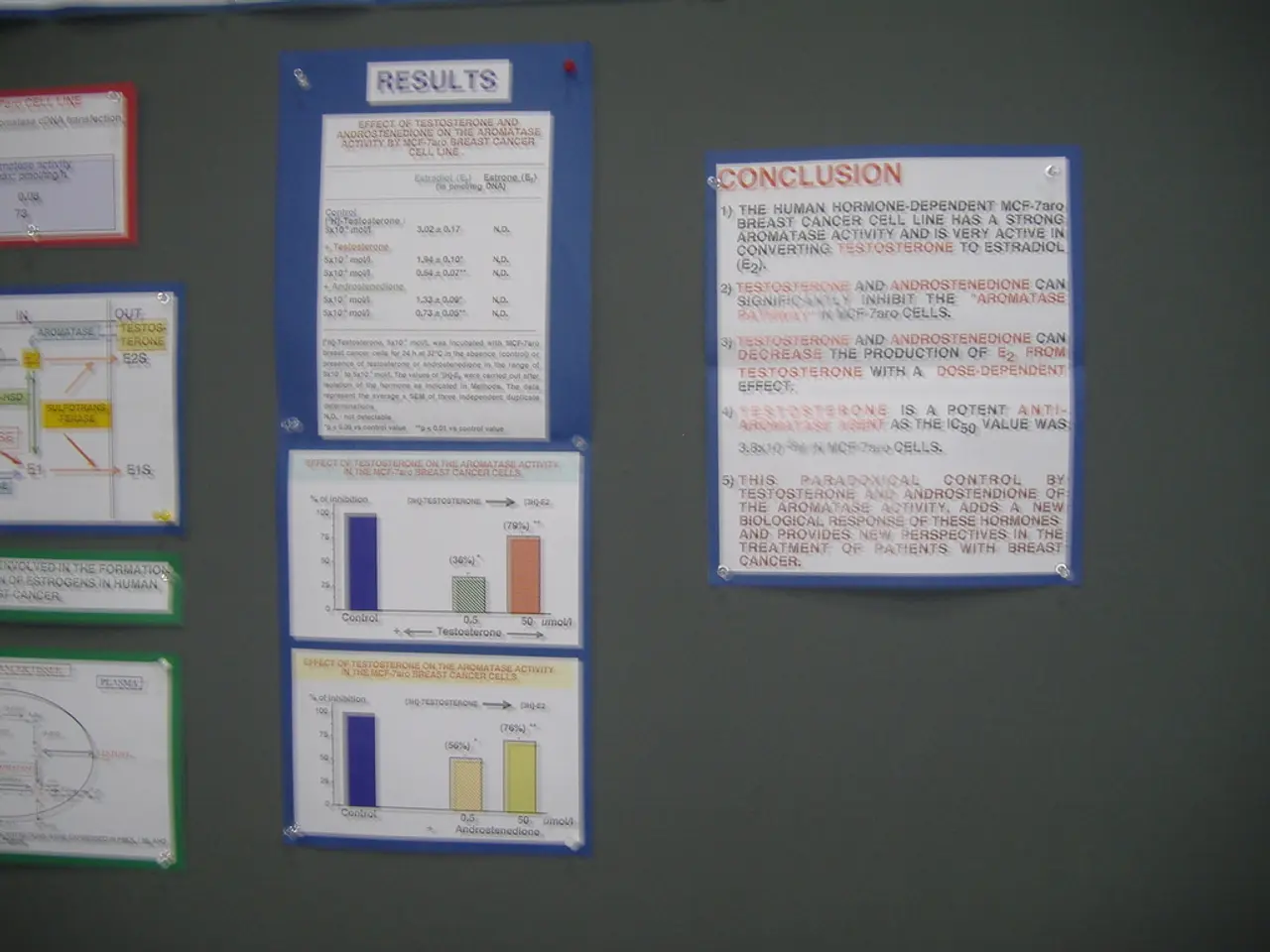CryptoPunks Sales Tax Evasion: Pennsylvania Resident Admits to Intentional Undervaluation in Tax Declarations
A Warning from the IRS: Being Crypto-Savvy Means Properly Reporting Your Taxes
Waylon Wilcox, a Pennsylvania man, has been charged for filing false tax returns, concealing millions in income earned from selling CryptoPunk NFTs in 2021 and 2022. This pesky behavior resulted in him evading a whopping $3.2 million in taxes!
Wilcox, aged 45, sold a hefty number of CryptoPunks during those two years. In 2021, he offloaded 62 digital art pieces, raking in $7.4 million. An additional 35 NFTs were disposed of in 2022, pushing the revenue meter close to $4.9 million. What makes this all the more fishy is that he reported these transactions as nonexistent on his tax returns for both years, effectively reducing his taxable income!
His unscrupulous actions attracted the attention of the Internal Revenue Service (IRS), which then launched an investigation. CryptoPunks are part of a unique set of 10,000 pixel art characters, all algorithmically induced. In the height of the digital collectibles boom in 2021 and 2022, these NFTs fetched as much as a staggering $479,000.
Even though the value of CryptoPunks has plummeted since then (currently trading around $69,000), Wilcox's transactions still involved millions. Despite the significant drop, the NFT market remains a lucrative space for digital assets. The case highlighted the necessity of complying with tax regulations, which is a reminder for all crypto and NFT market participants to get their numbers straight.
The IRS is stepping up its efforts in digital asset tax enforcement, as evident in Wilcox's case. The Philadelphia Field Office's Special Agent in Charge, Yury Kruty, stated that the IRS Criminal Investigation is committed to rooting out sophisticated fraud in the realm of digital currencies and NFTs. He emphasized the significance of transparency in the crypto space and the importance of adhering to tax laws.
The IRS has released clear guidelines for reporting NFT sales and dealing with gains or losses. Here are some key points:
- NFTs are treated as property, with gains and losses subject to capital gains tax rules.
- Digital art, PFPs, and collectibles like NBA Top Shot may be categorized as "collectibles" and taxed at a higher long-term capital gains rate (28%).
- NFT creators and professional traders have different tax implications - hobbyists report capital gains/losses while professionals may need to report NFT income as ordinary income subject to self-employment tax.
- If you receive, sell, or gift NFTs during the tax year, report gains and losses on IRS Form 8949 and answer "yes" to the crypto tax question on IRS Form 1040.
Starting from 2025, custodial brokers who handle digital asset sales, including NFTs, will be required to report customers' gross proceeds. The IRS has granted transitional relief to brokers to ease compliance, with penalties for late or inaccurate filings waived if they make good-faith efforts to comply. Backup withholding requirements have also been suspended for digital asset sales in 2025 and certain sales in 2026.
This regulatory framework highlights the significance of transparency and reporting to the IRS in the ever-evolving digital asset tax landscape. All crypto and NFT market participants would be wise to stay updated on IRS guidance and consider consulting crypto tax experts to ensure accurate reporting and compliance. A word to the wise: don't go to the extremes of Wily Wilcox and mess with the IRS!
Keywords: Crypto market, cryptocurrency, CryptoPunks, USA, NFTs, Tax evasion, IRS, Digital asset taxation, Cryptopunks transactions, False tax returns, Capital gains tax, NFT investigation, Digital art, PFPs, Backup withholding, Transitional relief, Tax compliance.
In the thriving crypto market, especially in the USA, proper reporting of taxes is essential, as evidenced by the IRS's investigation of Waylon Wilcox, who evaded over $3.2 million in taxes by concealing millions earned from selling Cryptopunks, (digital art pieces classified as property and subject to capital gains tax). To avoid such situations, it's crucial for NFT market participants to understand the tax implications, like reporting transactions on IRS Form 8949 and adhering to tax laws, as outlined by the IRS's guidelines for NFT sales.





